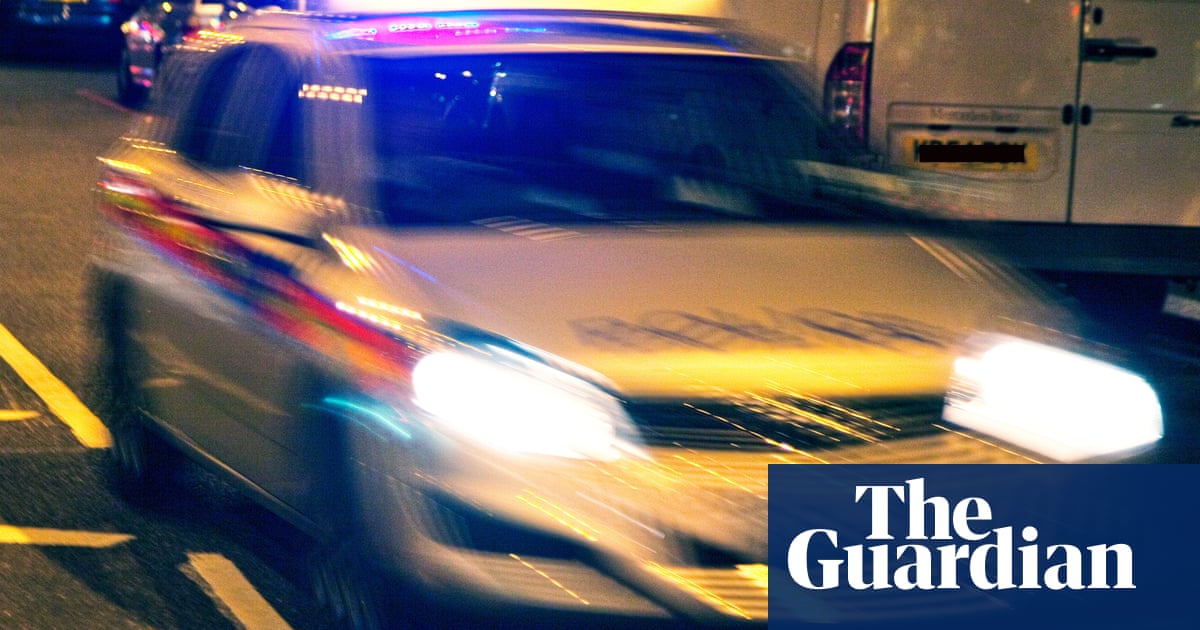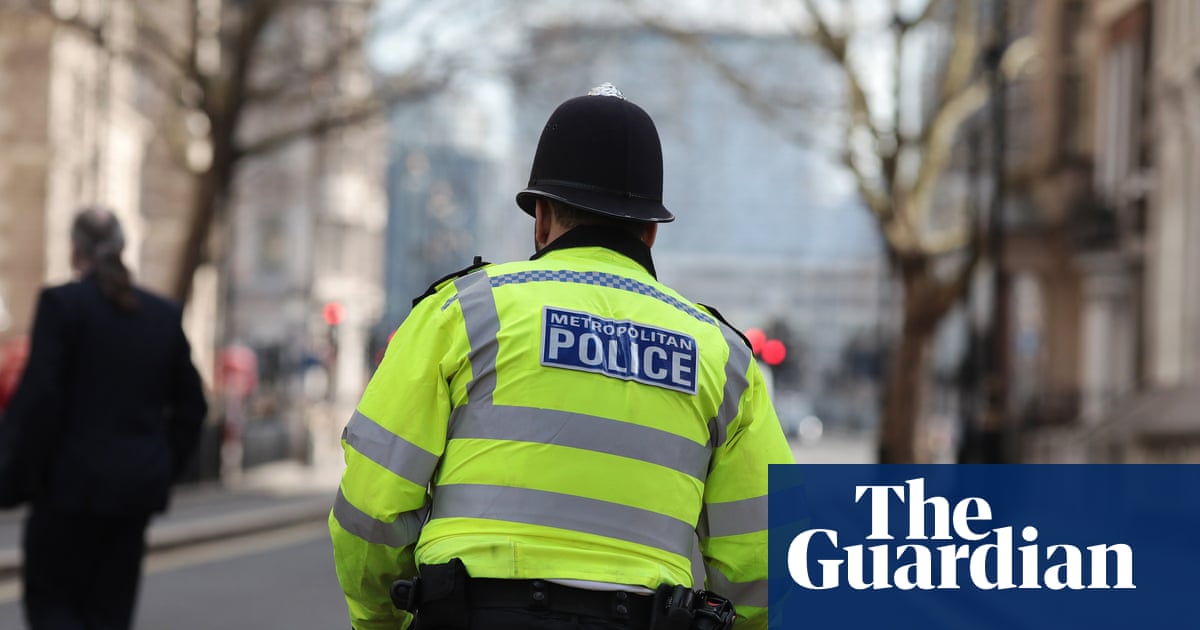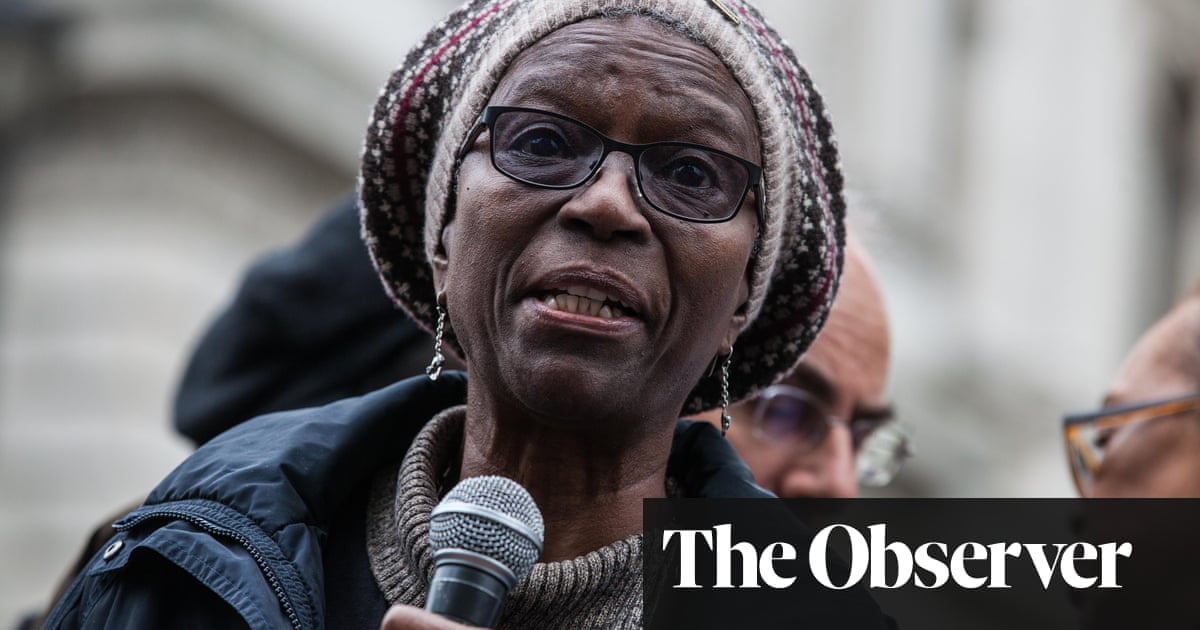
Ministers have told police forces to rapidly cut the number of mental health-related 999 calls they respond to in order to free up an estimated million hours a year of police time, in a move that mental health experts fear could be dangerous.
Announcing a new national strategy for the police’s role in mental health emergencies, Chris Philp, the policing minister, said forces should still attend calls involving mental health issues whenever there is a risk to public safety and if there is a crime.
But 999 call handlers will be given new guidelines to divert more calls to health services amid frustration that police are being asked to do mental health welfare checks that are not related to crime or public safety.
Police officers who find themselves with non-criminal mental health incidents will be urged to hand over cases to health workers within an hour rather than spending far longer escorting them to hospital or another safe place and staying with them before handover – for as long as 14 hours in some cases.
Dr Sarah Hughes, the chief executive of Mind, the mental health charity, said the announcement was deeply worrying. “[It] goes nowhere near offering enough guarantees that these changes will be introduced safely – there is no new funding attached and no explanation of how agencies will be held accountable,” she said. “It is simply impossible to take a million hours of support out of the system without replacing it with investment, and mental health services are not resourced to step up overnight.”
The new plan, known as “right care, right person” (RCRP), looks likely to create tension between police and health services over the speed of rollout and the resources available to ensure vulnerable people do not fall between the cracks. It states that “police forces will ultimately determine the timeframe for implementing the RCRP approach locally” but it “should be established following engagement with health, social care and other relevant partners.”.
Amid increasing pressure on the NHS mental health workforce, health officials are urging a cautious pace in rolling out the change, stressing that extending the mental health workforce is “a work in progress”.
The Royal College of Psychiatrists said the plan must not be “a green light for a unilateral discontinuation” of police involvement in mental health emergencies, describing that as “a real danger to patients”.
Dr Lade Smith, the president of the RCP, called for more funding and said: “The fact is there are certain legal powers only held by the police such as the power to convey a person in crisis from a public place to a place of safety, and so mental health is always going to be police business.”
Mind said it would be “dangerous for forces to step back while local communities and health systems work out how to respond”.
The NHS mental health workforce increased by 22% overall in 2021-22 compared with 2016-17, but referrals to the services they provide were up by 44%, according to a parliamentary report last week.
NHS England’s mental health director, Claire Murdoch, said police and health services must assess “the additional resources they will need to deliver this”.
The government did not announce any new funding but cited a previously announced £2.3bn-a-year investment from next April to create an extra 2m additional mental health treatment packages and £150m for urgent and emergency mental health care services.
The Guardian revealed in May that the Met police commissioner, Mark Rowley, had set a deadline of 31 August for health services to take on mental health calls in London, saying “the status quo is untenable”. Rowley said that at times less than a third of 999 calls were crime-related. Mind said it was deeply concerned at the deadline.
Philp said that with police time freed up he expected “more visible patrolling in town centres … faster response times and … more resources dedicated to investigating crime.” Eventually, the public will be urged to call 111 instead of 999 to tackle mental health emergencies, but first 999 operators will apply a new threshold in deciding whether to escalate mental health-related cases to the police.
Senior police officers said they could not rule out that non-attendance at mental health calls by police officers might result in injuries or deaths, but said there was no evidence of that so far.
Maria Caulfield, the mental health minister, said: “Anyone going through something as awful as a mental health crisis deserves to know they’ll receive the best possible emergency response. It’s vital the right people who are trained and skilled to deal with the situation are on the scene to assist.”
Philp said there should not be a gap in response between police and health services. He wants the change complete in two years. “These are services that the NHS is in their remit to provide anyway … we’re not creating a new demand,” he said. “It’s something the NHS should always be doing.”
The National Police Chiefs Council lead for policing and mental health, Rachel Bacon, said that when police were sent, people in mental health crises often felt criminalised. “This is not about us stepping away from mental health incidents, it is about ensuring the most vulnerable people receive the appropriate care, which we are not always best placed to provide,” she said.











